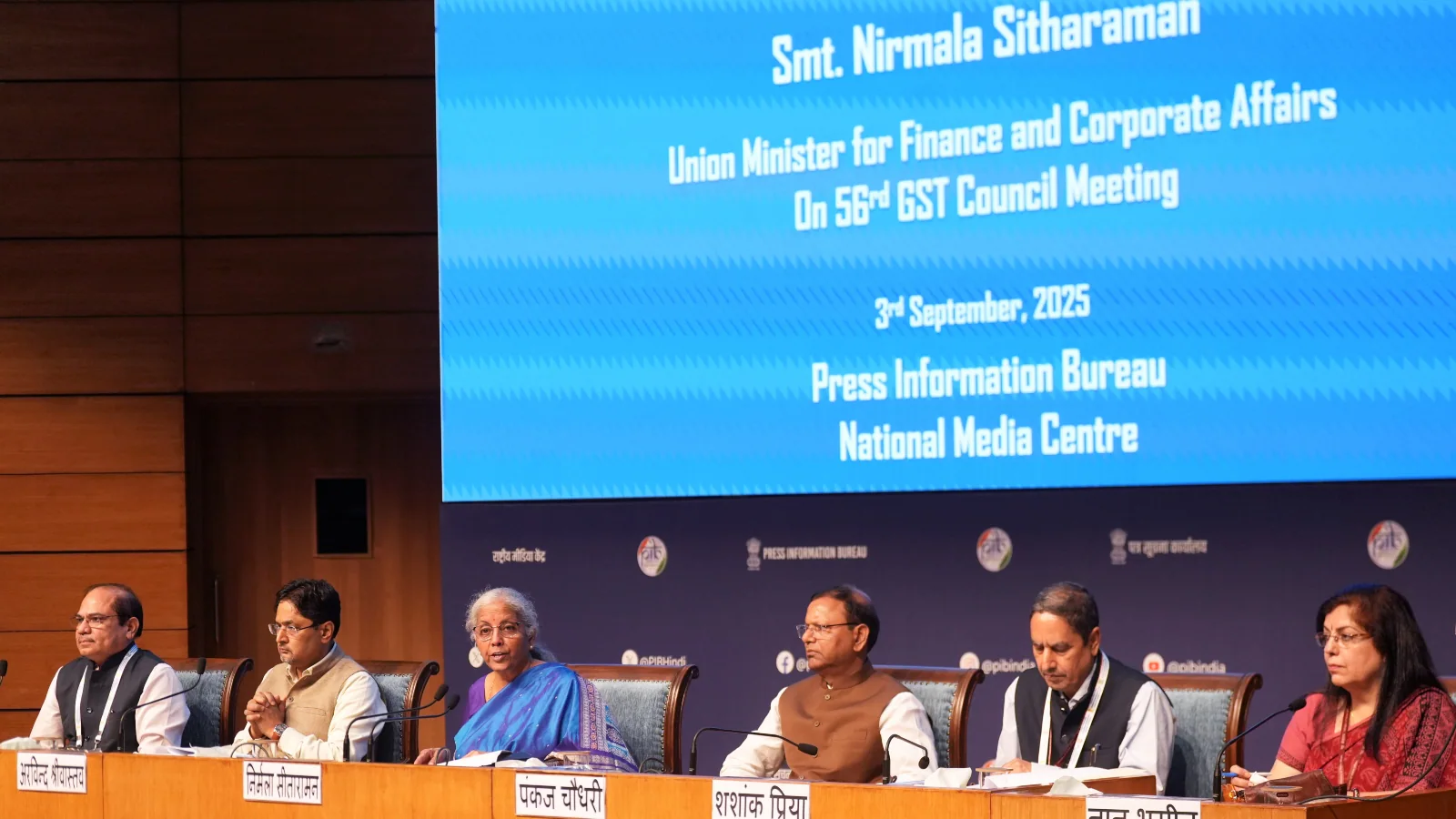Geothermal energy: Govt may explore VGF, tax breaks, long-term loans to realise sector’s potential
By Rishi Ranjan Kala
Copyright thehindubusinessline

The Ministry of New & Renewable Energy (MNRE), which unveiled the National Policy on Geothermal Energy on Monday, may explore incentives such as tax breaks, voluntary gap funding (VGF) and long-term concessional loans to expand potential and viability of the site-specific renewable energy source (RES).
Geothermal energy harnesses heat stored inside the earth’s surface and is best suited for applications such as heat pumps, cooling and agriculture.
India’s geothermal energy capacity is projected to be around 10 gigawatts (GW), with studies and pilot projects underway to ascertain its real potential. In this direction, the policy provides a comprehensive framework to promote exploration, development and utilisation.
Globally, geothermal capacity is around 15.43 GW, as per IRENA’s RE capacity statistics 2024. Geothermal energy increased by roughly 0.4 GW in 2024 from around 15.05 GW in 2023, led by New Zealand, Indonesia, Türkiye and the US, which is the leading nation in this sector.
Leveraging geothermal energy
Speaking to reporters on Wednesday, MNRE Secretary Santosh Kumar Sarangi said the intent behind the policy is to harness untapped geothermal resources for power generation and direct-use applications such as district heating, agriculture, aquaculture, and space cooling as well as heating via Ground Source Heat Pumps (GSHPs).
In this direction, he noted that the policy aims to integrate geothermal energy with India’s Net Zero (2070) target and renewable energy objectives.
“A defining objective of the policy is to develop India’ R&D potential in this field. It promotes R&D of advanced systems such as hybrid geothermal-solar plants, retrofitting abandoned oil wells, and Enhanced/Advanced Geothermal Systems (EGS/AGS),” Sarangi emphasised.
The Ministry has sanctioned five pilot projects in this regard, which includes harnessing this energy from Arunachal Pradesh, design and development of geothermal cooling for air conditioning systems and power generation using integrated solar-geothermal energies, he informed.
“The Ministry will continue to monitor the progress while providing a conducive environment for developers, industries and research institutions to actively participate in India’s clean energy transition,” he assured.
Another notable feature of the policy is the focus on forging government industry partnerships. Joint ventures between oil and gas companies, mineral companies and geothermal developers can combine expertise and financial resources, enabling the funding and development of large-scale geothermal power plants and projects.
“Where feasible, oil and gas production facilities—such as pipelines, power generation systems and processing plants—can be repurposed for geothermal energy, minimising the need for significant capital investments in new infrastructure,” the policy emphasises.
Financial support
At present, geothermal energy is cost intensive with around ₹36 crore required to create 1 megawatt of capacity (global estimate). At present, the cost of producing power from such sources will be more than ₹10 per unit in India.
The Ministry may explore the possibility of one or a combination of measures to improve the viability and bankability of geothermal projects, Sarangi said.
“The government may explore the possibility of the following financing mechanisms: Long-term concessional loans from Public and Private Sector Financial Institutions, Sovereign Green Bonds, Viability Gap Funding (VGF), Loans/Grants for Risk Mitigation, Feed-in-tariff, etc,” the policy document explains.
The government may explore the following fiscal mechanisms to support the geothermal sector: Import duty and GST exemptions on equipment, machinery and services related to geothermal energy.
Other avenues can be tax holidays on geothermal projects, Accelerated Depreciation, and Property tax exemptions for Geothermal GSHP/Heating/Cooling users, etc, the policy document said.
These mechanisms will be subject to further recommendations/ approvals from competent Ministries/ Departments, it added.
More Like This
Published on September 17, 2025



